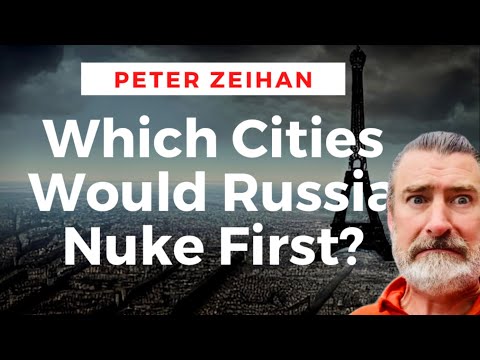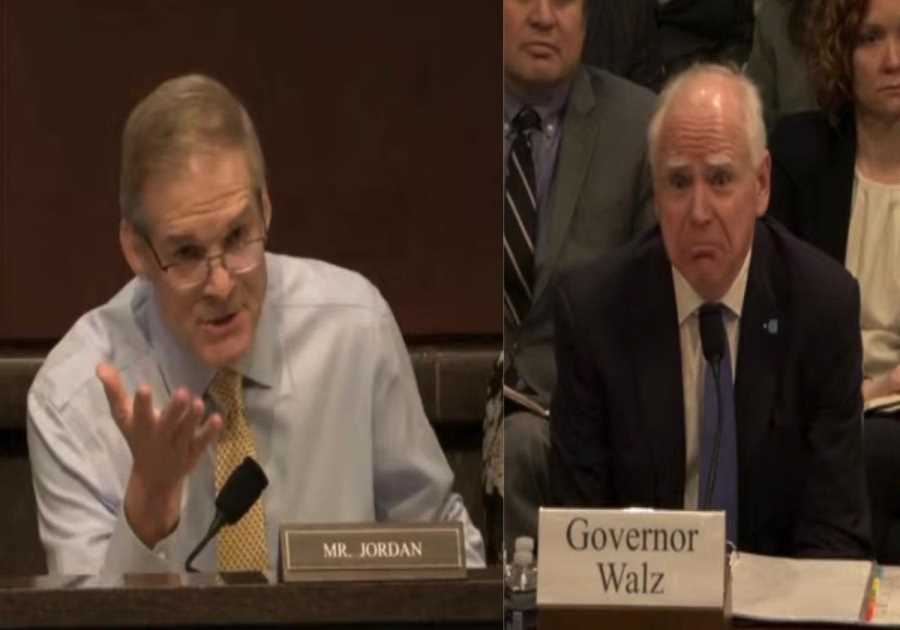
"What about Russian nukes?"
It's a question I hear in some form or another almost daily while I'm travelling to speak and meet with clients, or in response to my newsletters. My attitude most days is "well, what about them?"
Let's consider Russia's strategic aims in Ukraine. Ukraine, as a buffer state, only continues to perform as such if it's under Russian control.
If not, well... your enemies, perceived or in reality, can flood the space with arms and combatants and use it as a launching pad to strike at the heart of the Russian state. More important, Russia needs to regain control of Ukraine so that if (read: when) it's deemed necessary, Russian forces can move into places like Poland and Romania and occupy the critical geographies used to move troops and materiel overland to invade Russia.
So called "tactical," or small-scale nuclear weapons aren't great for holding territory.
Nuked territory isn't great for stationing troops. And long-range ICBMs lobbed at the US or London or Paris are even worse for holding territory, or keeping Russian Presidents and a socio-politico-economic mafia elite alive. This is especially true if we consider the state of Russia's nuclear arsenal. There are some arguments that even if Russian troops and armored transports and planes and tanks and fuel trucks and MREs and intelligence and cyber and logistical capabilities are at levels far below what the world was expecting, they're still keeping the crown jewels of Russian defense--the nuclear arsenal--is top operating condition.
I'm less than convinced. The only thing more foolhardy and full of risk than a cornered, losing Russian president trying to fire nukes willy-nilly?
The same-such president pushing the red button and having the world witness a failure to launch.
Americans woke up to news the other day that Germany has nationalized assets–primarily refineries–owned by Russian oil giant Rosneft. Assets worth billions of dollars.
Though this is not surprising or unexpected, it’s something we should take seriously.
#Germany and #Russia have a famously difficult relationship going back centuries, and when the going gets rough their disputes get ugly (ask just about anyone in Poland or Ukraine). The more armed conflicts between Russia and Germany, the greater the incentive for them to avoid conflicts all together.
The default approach since the end of the Cold War was to entwine their two economies to such an extent that it would not make sense for either of them to destabilize or threaten the other. We’re seeing now how much Russian leadership values economic stability over its perception of national security.
Unlike previous bouts of Russo-European conflict, however, the current demographic situation on both sides of the conflict is atrocious.
Whatever the final result of the Russian invasion of #Ukraine what we should not expect is an easy or quick return to economic stability, let alone growth, for either side.
Did you miss our previous article...
https://trendinginbusiness.business/trending-videos/dr-thomas-carr-faith-in-trends-and-the-next-bull-market-investing-with-ibd
.png)





